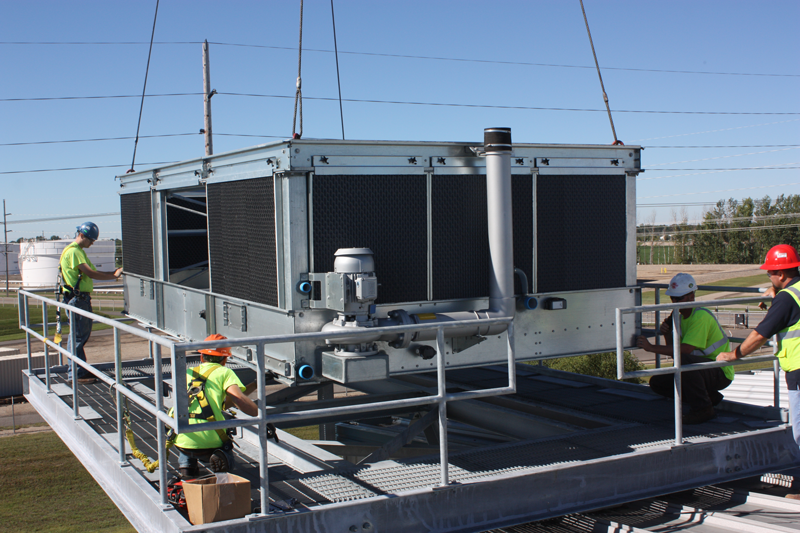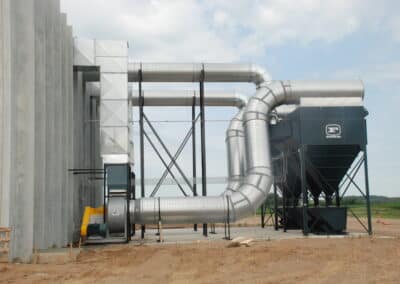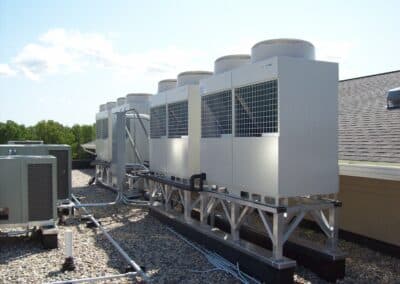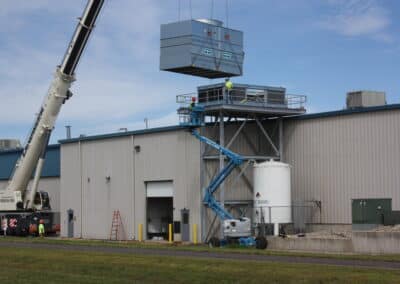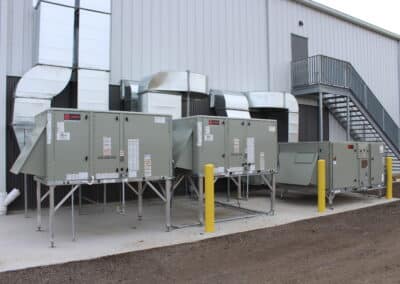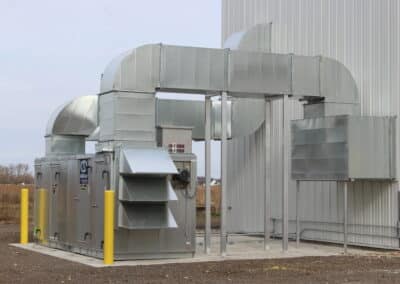Frequently Asked Questions
Are plumbers licensed in Alexandria?
Plumbers in Alexandria are required to be licensed to ensure they meet local standards and regulations. This licensing process helps guarantee that they are qualified to perform plumbing work safely and effectively.
How much do plumbers charge?
Plumbers typically charge between $45 and $200 per hour, depending on their experience, location, and the complexity of the job. Additional fees may apply for materials and emergency services.
Can plumbers unclog drains?
Plumbers can indeed unclog drains. They have the tools and expertise to effectively remove blockages, ensuring that your drainage system functions smoothly and efficiently.
Are plumbers available 24/7?
Plumbers are available 24/7 to address urgent plumbing issues. Many companies offer round-the-clock services to ensure that you can get help whenever you need it, day or night.
How to find plumbers in Alexandria?
Finding plumbers in Alexandria can be done by searching online directories, asking for recommendations from friends or family, or checking local reviews on platforms like Yelp or Google.
Who are best plumbers in Alexandria?
The best plumbers in Alexandria are those known for their reliability, expertise, and customer satisfaction. Look for licensed professionals with positive reviews and a strong reputation in the community for quality plumbing services.
Can plumbers fix leaky faucets?
Plumbers can effectively fix leaky faucets. They have the expertise to diagnose the issue, replace worn-out parts, and ensure proper sealing, which helps restore functionality and prevent water waste.
What services do plumbers offer?
Plumbers offer a variety of services, including installation and repair of pipes, fixtures, and appliances, as well as drain cleaning, leak detection, and maintenance of plumbing systems to ensure optimal performance and prevent issues.
What qualifications do Alexandria plumbers need?
The qualifications needed for Alexandria plumbers include proper licensing, completion of an accredited plumbing program, and relevant work experience. Additionally, they should possess strong problem-solving skills and knowledge of local plumbing codes and regulations.
How to verify a plumbers license?
To verify a plumber's license, check with your state's licensing board or website, where you can typically search by the plumber's name or license number to confirm their credentials and ensure they are in good standing.
What factors affect plumber pricing?
The factors that affect plumber pricing include the complexity of the job, materials used, labor costs, geographic location, and the plumber's experience and expertise. These elements collectively influence the overall cost of plumbing services.
Are emergency plumbing services available?
Emergency plumbing services are available to address urgent plumbing issues promptly. Our team is ready to assist you 24/7, ensuring that your plumbing emergencies are handled efficiently and effectively.
What plumbing services are most common?
The most common plumbing services include leak detection and repair, drain cleaning, faucet installation, toilet repair, and water heater services. These essential services ensure proper functioning and maintenance of residential and commercial plumbing systems.
How to choose a reliable plumber?
Choosing a reliable plumber involves researching their credentials, reading customer reviews, and ensuring they are licensed and insured. Additionally, consider their experience, response time, and service guarantees to ensure quality work.
What plumbing issues require immediate attention?
Plumbing issues that require immediate attention include severe leaks, clogged drains causing backups, overflowing toilets, and loss of water pressure. Addressing these problems quickly prevents further damage and costly repairs.
How long does plumbing installation take?
The duration of plumbing installation varies based on the project's complexity and size. Typically, it can take anywhere from a few hours to several days to complete.
What are signs of plumbing problems?
Signs of plumbing problems include persistent leaks, unusual water pressure changes, slow drains, discolored water, and unexplained increases in water bills. Addressing these issues promptly can prevent further damage and costly repairs.
Can plumbers provide maintenance services?
Plumbers can provide maintenance services. They are skilled in inspecting, repairing, and maintaining plumbing systems, ensuring optimal performance and preventing potential issues in residential and commercial properties.
What tools do professional plumbers use?
Professional plumbers use a variety of tools, including wrenches, pipe cutters, plungers, augers, and soldering equipment, to effectively install, repair, and maintain plumbing systems in residential and commercial settings.
How to prevent plumbing emergencies?
Preventing plumbing emergencies involves regular maintenance, such as inspecting pipes for leaks, avoiding flushing inappropriate items, and ensuring drains are clear. Additionally, knowing the location of your main shut-off valve can help mitigate damage in case of an emergency.
What is the average plumber response time?
The average plumber response time typically ranges from 30 minutes to 2 hours, depending on the urgency of the issue and the plumber's location. Emergency situations may prompt faster responses, while scheduled appointments may take longer.
Are there plumbing warranties available?
Plumbing warranties are available to provide peace of mind for your plumbing installations and repairs. These warranties typically cover defects in materials and workmanship, ensuring that any issues are addressed without additional cost to you.
What should I ask a plumber?
When hiring a plumber, you should ask about their licensing and insurance, experience with specific plumbing issues, estimated costs, and warranty on services provided. Additionally, inquire about their availability for emergencies and their approach to customer satisfaction.
How to compare plumber quotes effectively?
Comparing plumber quotes effectively involves evaluating the scope of work, materials used, and warranty offered by each plumber. Ensure that you’re comparing similar services and consider the overall value rather than just the price.
What plumbing certifications should I look for?
The plumbing certifications to look for include those from the National Institute for Certification in Engineering Technologies (NICET), state licensing, and certifications from recognized trade organizations, ensuring the plumber meets industry standards and has the necessary skills.
How often should plumbing be inspected?
Plumbing should be inspected regularly to ensure optimal performance and prevent costly repairs. It is recommended to have a professional inspection at least once a year, or more frequently if you notice any issues.
What are common plumbing repairs needed?
Common plumbing repairs needed include fixing leaky faucets, unclogging drains, repairing running toilets, and addressing pipe leaks. These issues are essential to maintain efficient water flow and prevent further damage to your plumbing system.
Can plumbers install water filtration systems?
Plumbers can install water filtration systems. Their expertise in plumbing ensures proper installation and connection to your water supply, helping to improve water quality and safety in your home or business.
What is the process for plumbing inspections?
The process for plumbing inspections involves a thorough evaluation of the plumbing system, including checking for leaks, verifying proper installation, and ensuring compliance with local codes. This typically includes visual inspections and may involve testing systems for functionality.
How to handle plumbing disputes with contractors?
Handling plumbing disputes with contractors involves clear communication, documenting issues, and reviewing the contract terms. If necessary, escalate the matter to a third party or consider legal action to resolve the conflict effectively.

